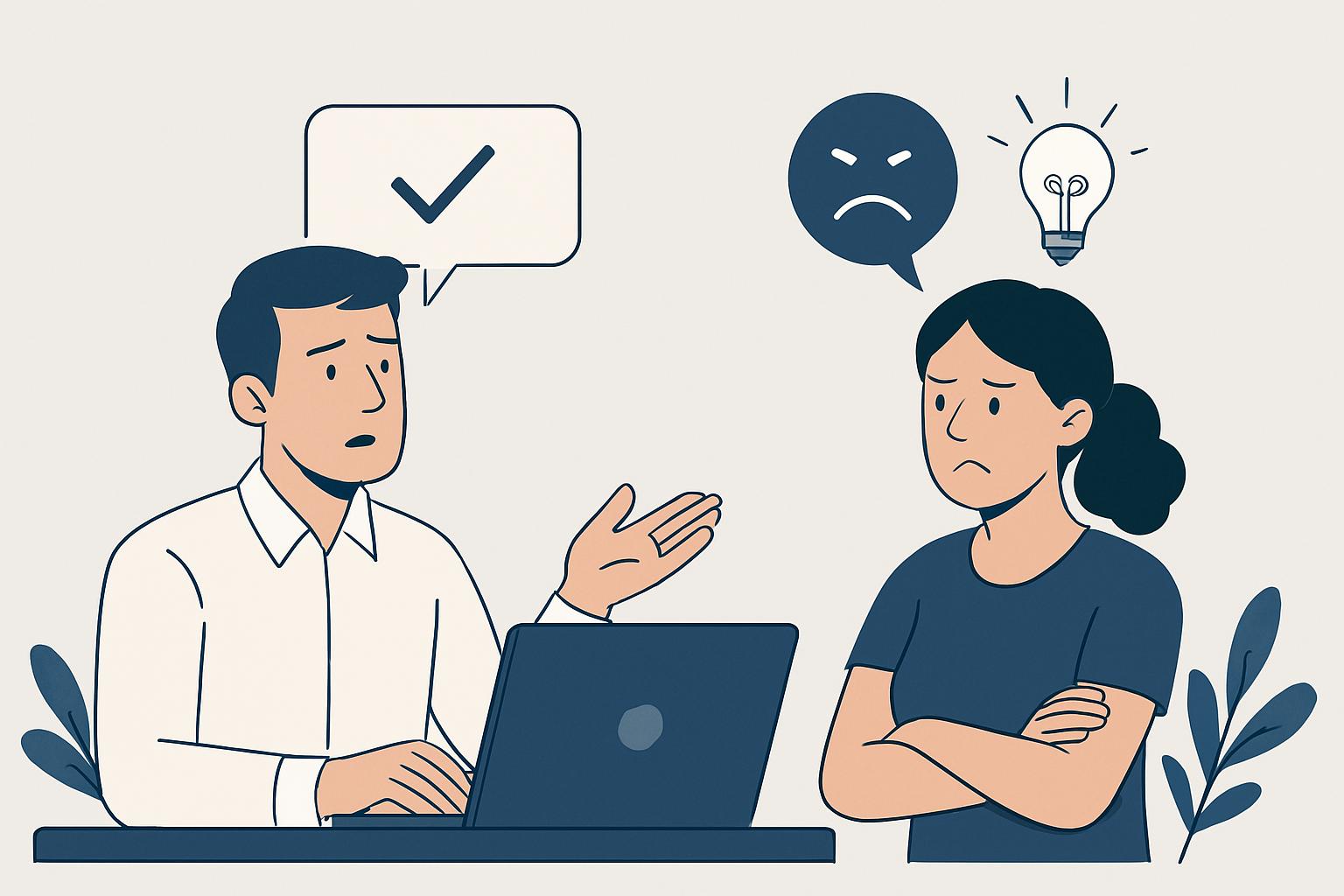You’ve organized an event, poured your heart into it — but then negative reviews start appearing on social media and websites? Even the best events receive criticism. The key is not to ignore it, but to handle it properly. Here’s how to turn negativity into growth.
________________________________________
✅ 1. Stay Calm and Don’t Delete Reviews
The first reaction to criticism is often to hide it. But deleting comments or responding harshly can spark more backlash. It’s better to show that you’re open to dialogue.
How to respond?
🔹 Thank them for the feedback.
🔹 Show that you’re willing to look into the issue.
🔹 Don’t argue or justify — it comes off as defensive.
❌ Wrong example:
“Your complaints are baseless! We did everything perfectly.”
✅ Better response:
“Thanks for your feedback! Your opinion matters to us, and we’ll look into this situation.”
________________________________________
✅ 2. Understand the Nature of the Complaint
Negative reviews can vary:
📌 Constructive: “The hall was too hot,” “Navigation was confusing.”
📌 Emotional: “Worst event of my life!”, “Total disaster!”
🔹 For constructive ones — analyze and fix.
🔹 For emotional ones — show empathy, but don’t get drawn into emotional conflict.
________________________________________
✅ 3. Respond Quickly and Politely
Ideally, respond within a few hours or a day at most. The faster you react, the better the chance to smooth things over.
What to say?
✅ Express regret.
✅ Acknowledge the issue.
✅ Offer a solution.
Example:
“We’re sorry you experienced inconvenience. We’ve already discussed this with our team and will take it into account in the future. If you have more feedback, we’d be glad to hear it!”
If the complaint is valid — e.g., about slow registration or poor catering — you can offer partial compensation (like a discount for the next event).
________________________________________
✅ 4. Move the Conversation to Private Messages
If the feedback contains personal issues or requires deeper discussion, invite them to continue in direct messages.
Example:
“We’re sorry you encountered difficulties. Let’s resolve this together! Please message us directly, and we’ll do our best to help.”
Important: if the issue is serious, share the resolution publicly after discussing the details in private.
________________________________________
✅ 5. Use Feedback to Improve
Criticism is a chance to grow. After each event, analyze feedback and spot patterns.
📌 Collect recurring comments: poor sound, scheduling issues, disorganized setup.
📌 Record conclusions and apply improvements.
Example: if guests complain about slow entry, increase registration staff next time.
________________________________________
✅ 6. Build a Positive Reputation in Advance
The best way to reduce the impact of negativity is to generate more positive feedback.
🔹 Ask satisfied guests to leave reviews.
🔹 Share positive comments on social media.
🔹 Post photos and videos of happy participants.
The more positive feedback you have, the less damaging one negative review will be.
________________________________________
📌 Conclusion
Negative feedback isn’t a verdict — it’s a growth tool. The main thing is to respond calmly, quickly, and constructively. With the right approach, even unhappy guests can become loyal followers.
Have you ever dealt with during-event or post-event negativity?



